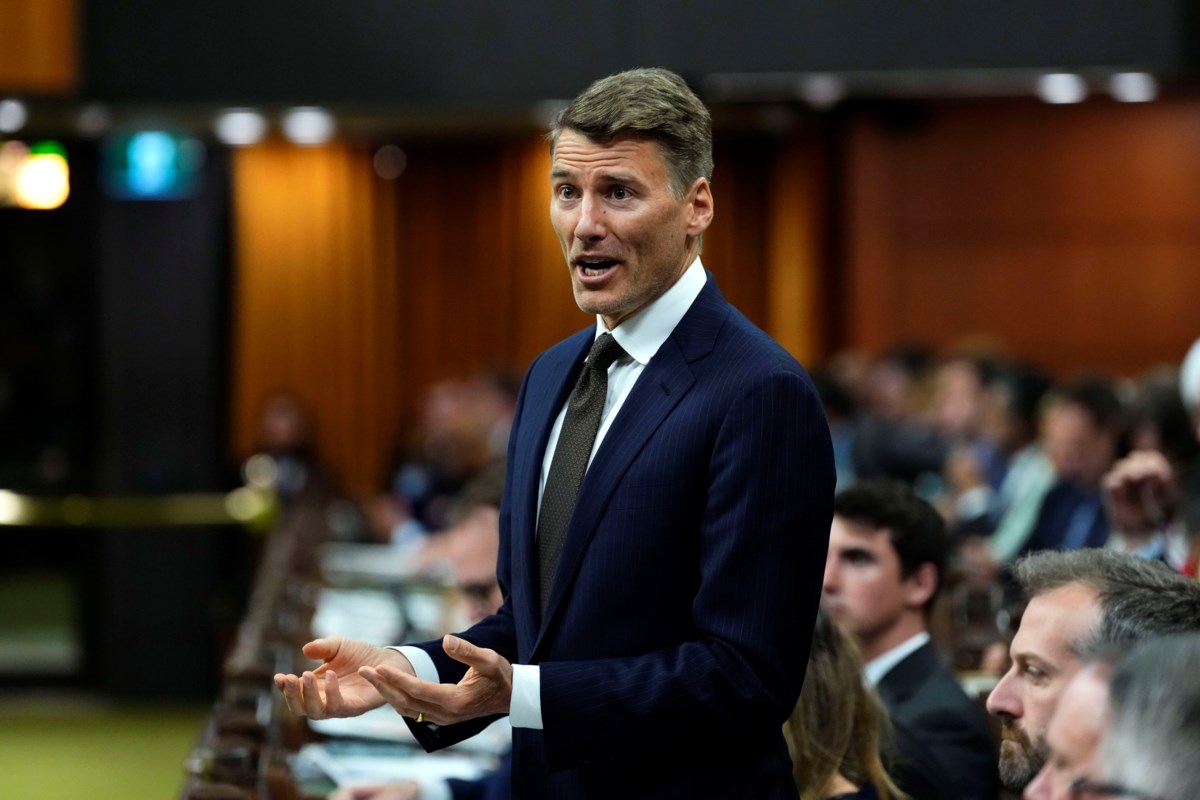
Federal Housing Minister Gregor Robertson is encouraging the City of Toronto to “revisit” its choice not to legalize sixplexes citywide, warning there is a possibility that federal funding could be impacted.
In a letter sent to Mayor Olivia Chow on Monday, Robertson expressed “disappointment” in a decision made last month that saw Toronto city council vote against the policy, choosing instead to allow “as-of-right” sixplex construction in just nine of the city’s 25 wards.
The vote “goes against the level of ambition” sought by the federal government, Robertson wrote. He urged the city to reconsider its position on the issue and said he will “make no compromises” on the “integrity” of the feds’ Housing Accelerator Fund, which requires municipalities to make sixplex rezoning easy on developers.
Robertson’s letter pointed to a “possibility of reduced funding if the City of Toronto does not present solutions that ensures (sic) the spirit of the agreement is met.”
However, it also extended an olive branch to Canada’s largest city. He wants the two governments to work together over the next six months to “implement an appropriate solution.”
“We’ve got six months ahead of us to sort this all out,” Robertson said in an interview with CBC Metro Morning Wednesday, pointing to a review to come in January 2026. “Certainly, my expectation is that Toronto will respect the agreement and the commitments that they came up with and we’re going to see that delivered.”
Robertson’s office refused to provide further details about the repercussions of not legalizing citywide sixplex construction when asked by Parliament Today.
On Wednesday, Chow did not directly address whether she plans to bring the sixplex issue back to council.
Instead, the mayor pointed to the fact that Toronto is set to exceed its target of building 60,980 net homes over the course of the three-year agreement. She also touted the city’s success in speeding up approvals, sending the minister a letter of her own outlining the other actions Toronto has taken.
The threat of reduced funding is not a new one. In March, former federal housing minister Nathaniel Erskine-Smith wrote to Chow and warned her the city could lose out on nearly $30 million if council “does not fully implement” the deal.
At June’s Toronto city council meeting, Coun. Gord Perks (Parkdale-High Park), chair of the city’s planning and housing committee, acknowledged that not approving a citywide sixplex plan created “some risk.”
That drew backlash from other councillors — especially after Perks alleged some federal Liberal MPs were urging councillors to reject the plan, a claim some found contradictory.
The funding is part of the federal $4-billion Housing Accelerator Fund, which provides money to municipalities to build more homes. The idea is that it provides cities with incentives to remove barriers and support “the development of affordable, inclusive, equitable and climate-resilient communities.”
Former prime minister Justin Trudeau’s government earmarked an additional $400 million for the program in the 2024 budget.
Toronto’s agreement with the federal government was inked in December 2023, with an initial pledge to fast-track nearly 12,000 new housing units over three years and spur the construction of more than 53,000 homes over the next decade. The city is set to receive about $471 million from the Housing Accelerator Fund in total, split into four payments of $118 million.